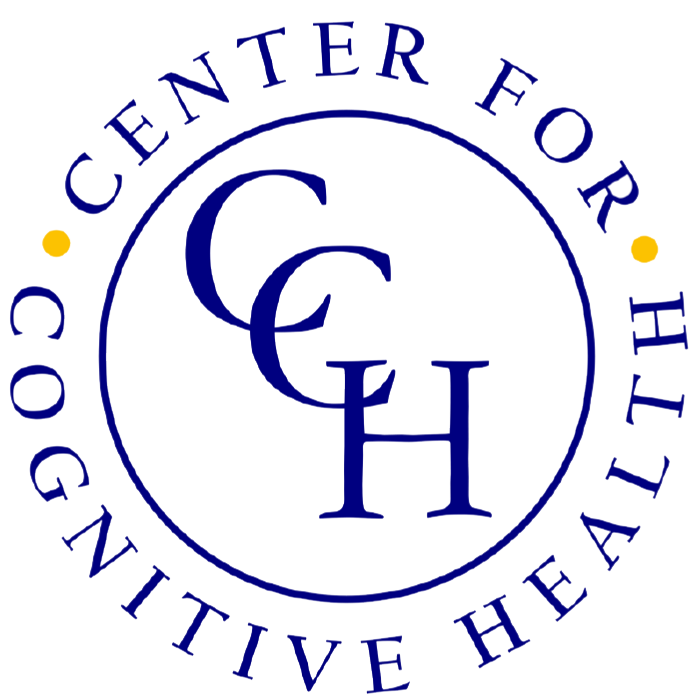30 Sep Long COVID & Cognitive Dysfunction
It has been reported that some patients who have recovered from an infection develop a transient or lasting cognitive dysfunction state. This includes patients who have been infected with SARS-CoV-2 and even those patients with mild disease who have reported deficits in attention, executive functioning, language, processing speed, and memory collectively referred to as “brain fog” [1]. Adding other factors such as increased incidence of anxiety, depression, sleep disorder, and fatigue, this syndrome of cognitive impairment contributes substantially to the morbidity of post–Covid-19 conditions or also called “Long COVID”.
The National Institutes of Health has just announced and is opening enrollment for Phase 2 clinical trials that will evaluate at least four potential treatments for long COVID. The program is called Researching COVID to Enhance Recovery (RECOVER) Initiative, or RECOVER. The program is a nationwide research program created to understand, treat and prevent long COVID. The initial stage of the initiative involved launching large, observational, multi-site studies examining and following people through their experience with COVID-19 to learn why some people develop long-term symptoms while others recover without sequelae. Studies are ongoing and thus far have recruited more than 24,000 participants. The research initiative is also analyzing 60 million electronic health records and conducting more than 40 studies on how COVID-19 affects different body tissues and organs. Data gleaned from these efforts helped shape the development of the phase 2 clinical trials, which test the safety and effectiveness of treatments typically in groups of 100-300 participants.
At the core of the treatments are two that are offered by the Center for Cognitive Health: (CRT) Computer Remediation Therapy and transcranial Direct Current Stimulation (tDCS) therapy. Both therapies are being investigated for improvement of cognition in patients who suffered from Long Covid-19.
Please call our office for a full evaluation at (914) 618-4446 for email at info@cognitive-centers.com.
References
- Venkataramani V, Winkler F. Cognitive Deficits in Long Covid-19. NEJM 387:1813 –15, 2022.



